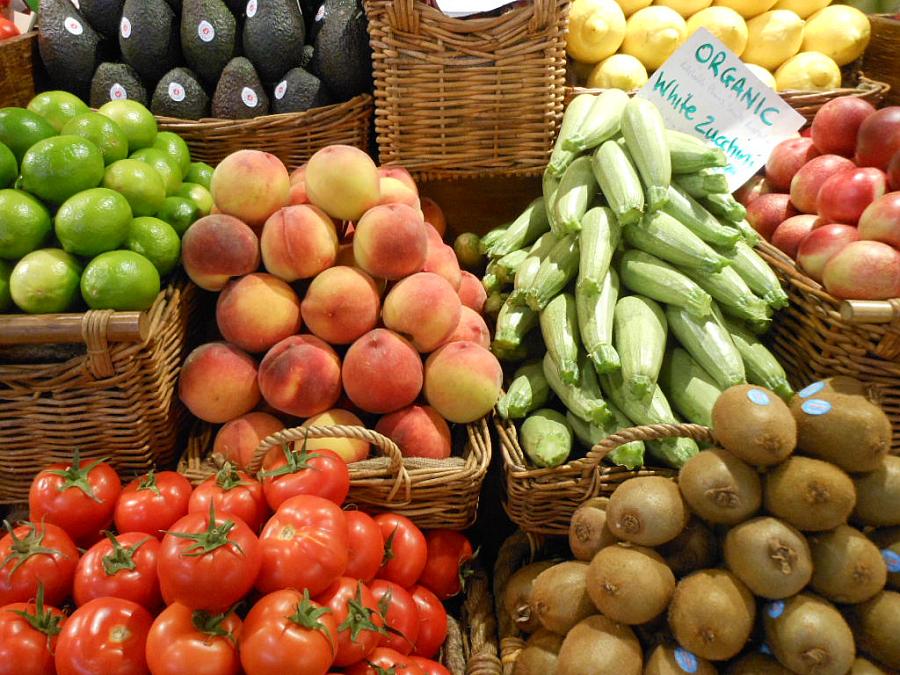The "Forever Debate" Over Organic Food vs. Conventional Food: Which is More Nutritious?

So, organic food isn't really more nutritious than food grown with pesticides, according to a new study. Wait, what?
The Stanford research study, published today in the Annals of Internal Medicine, made global headlines today as writers variously smirked, wrung their hands and nitpicked the study.
But was the study a big deal? Not necessarily. First clue: it's a meta-analysis, a systematic evaluation of some 200 previous studies, some of which had already been publicized. Meta-analyses have long been controversial because of selection biases in how researchers choose the studies to be analyzed, among other reasons. In fact, we noted a similar meta-analysis in 2009 that came to similar conclusions.
Tweeted Oregonian science reporter Joe Rojas Burke:
Not much changed in the forever debate over the nutrient content of organically grown food (Something I wrote in '09) bit.ly/RhZu8q
— joe rojas-burke (@rojasburke) September 4, 2012
Jon Brooks of KQED's NewsFix blog was smart to grab a quick interview with organic food advocate Michael Pollan ("The Omnivore's Dilemma"), whose main message was "nothing to see here, folks."
"The media's playing it as if there were something new here, but this is not new research, it's a meta-study [a review of previously conducted research], and I've seen the exact same data analyzed in a very different direction. A lot of it depends on how you manage your assumptions and statistical method.
I think we're kind of erecting a straw man and then knocking it down, the straw man being that the whole point of organic food is that it's more nutritious. The whole point of organic food is that it's more environmentally sustainable. That's the stronger and easier case to make.
Others also questioned the methodology of the Stanford Study, including veteran health journalist Andrew Holtz, who weighed in via Gary Schwitzer's Health News Review Blog.
Finally, the Knight Science Journalism Tracker's Paul Raeburn helpfully handicapped mainstream media coverage of the organic vs. nonorganic food study, concluding that a lot of it was solid and helpful to consumers who wonder why they should pay higher prices for organic:
The reporting might not have much effect on consumers' purchases, but it should give them a better idea of what they are--and are not--paying for.
Related Content:
Organic Food No More Nutritious than Nonorganic, Study Finds
Q&A with Tracie McMillan: Going Behind the Scenes to See How Americans Eat
Photo credit: Michael Coghlan via Flickr

